I was recently reading an article about the challenges the NYCDOE is facing in supporting their ELLs and how these students are faring in the “new normal.” Here’s how one Brooklyn teen described it:
“When you are learning in school, you get the opportunity to find teachers and staff to give you support. Now that school is online, you cannot have the help you need.”
As I read other news stories, I kept seeing reports of schools and districts having significant issues with education technology and distance learning as well as how this impacts learning. In my home district there were serious issues simply getting students to be able to log in remotely. I constantly see headlines about students missing classes and how they are falling behind:
“How teachers are trying to reach English language learners during pandemic.”
“Detroit students, parents, and teachers navigate challenges during expanded online learning.”
What I haven’t seen is any mention of how students are missing out on critical academic language development through their regular daily interaction with teachers and peers. Most students, especially ELLs, need explicit academic language instruction. Listening, speaking, reading, and writing are all essential parts of learning language, whether social or academic. With distance learning, homebound students are receiving significantly less time:
- Listening to teachers and peers speaking academic language.
- Speaking using academic language when answering questions.
- Reading about key academic concepts in a meaningful classroom context.
- Writing answers using academic language.
These language activities are important for all your students across all content areas, including math and science, but they are especially critical for your ELLs.
Students are now being offered two different modes of distance instruction: virtual classrooms and independent learning. In both cases the amount of actual instructional time is greatly diminished. Teachers are being placed into new teaching environments that many are navigating for the first time. Bundle that with all of the various technology issues and you have even less quality time to help students acquire the academic language they need. Students are getting even less support navigating the content. Wouldn’t it be great if they had an engaging, research-based tool that would help them learn the academic language they are missing by not being physically in school?
Some of the nation’s largest school districts are successfully using Speak Agent to support their students with distance learning. They are able to see evidence of students listening, speaking, reading, writing, and learning through digital portfolios that capture academic work samples. Speak Agent helps them bridge the academic language deficit in a way that is aligned to their content and curriculum.
Free Distance Learning Pilot
You have an immediate, zero-cost opportunity to supercharge your student’s academic language learning with Speak Agent and help them be successful regardless of where they are learning. We are currently offering several of our Math and Science programs at no charge through July 31, 2020. There is no contract and no obligation to continue beyond that time. Our team at Speak Agent is here to onboard and support you and your students during this critical period!
{{cta(‘f19a0a6d-b519-4d01-bb46-caba1eea57ac’)}}




